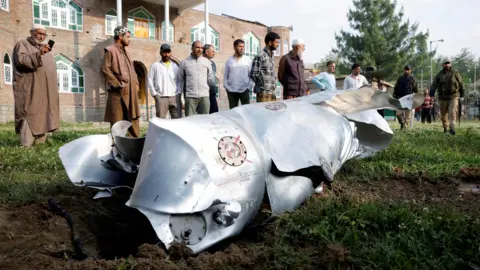The situation in South Asia grew increasingly tense as India fired missile attacks on several targets in Pakistan in retaliation for the Pahalgam terror attack this week. Official sources said the missile attacks were aimed at suspected militant infrastructure and command centers suspected of being involved in planning the attack on Indian territory.
The Indian Defence Ministry confirmed the precision attacks were conducted overnight with highly coordinated aerial and ground-based missile systems, citing “credible intelligence inputs” regarding threats coming from across the border. These moves come in the face of increasing domestic and international pressure on India to take decisive action against acts of terrorism targeting civilians and military personnel as well.
In a rapid response, Islamabad denounced the strikes and threatened to retaliate, terming India’s action a “blatant violation of sovereignty.” The Pakistani armed forces said that it had initiated its own defence mechanisms and was set to strike back “at a time and place of its choosing.” Diplomatic relations between the two nuclear-powered neighbors are now under extreme pressure.
The global community, including the United Nations and regional heavyweights, has called on both countries to exercise restraint and go back to diplomatic talks. Any increased escalation, however, can have long-lasting implications for regional stability and peace, analysts caution.









